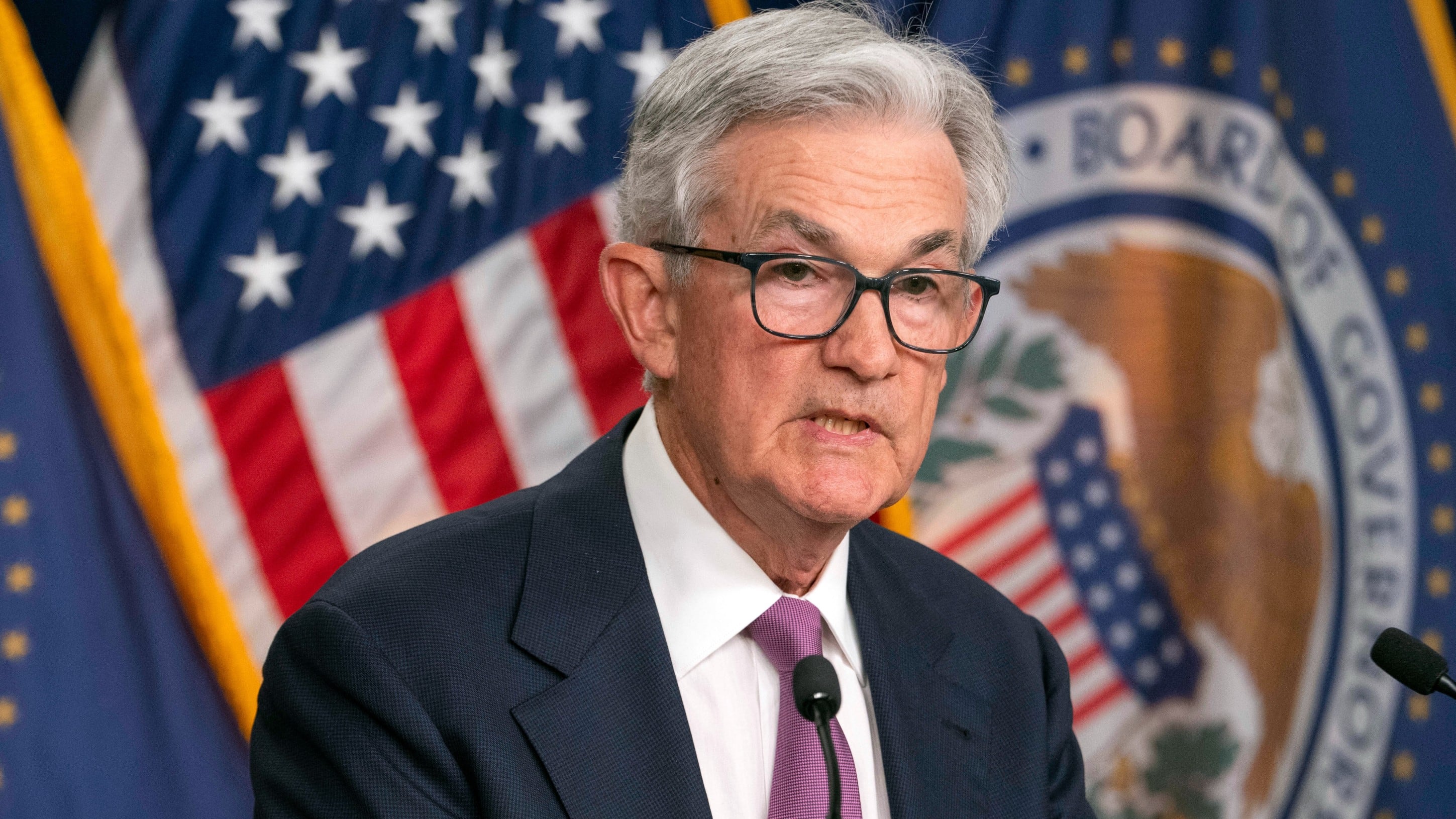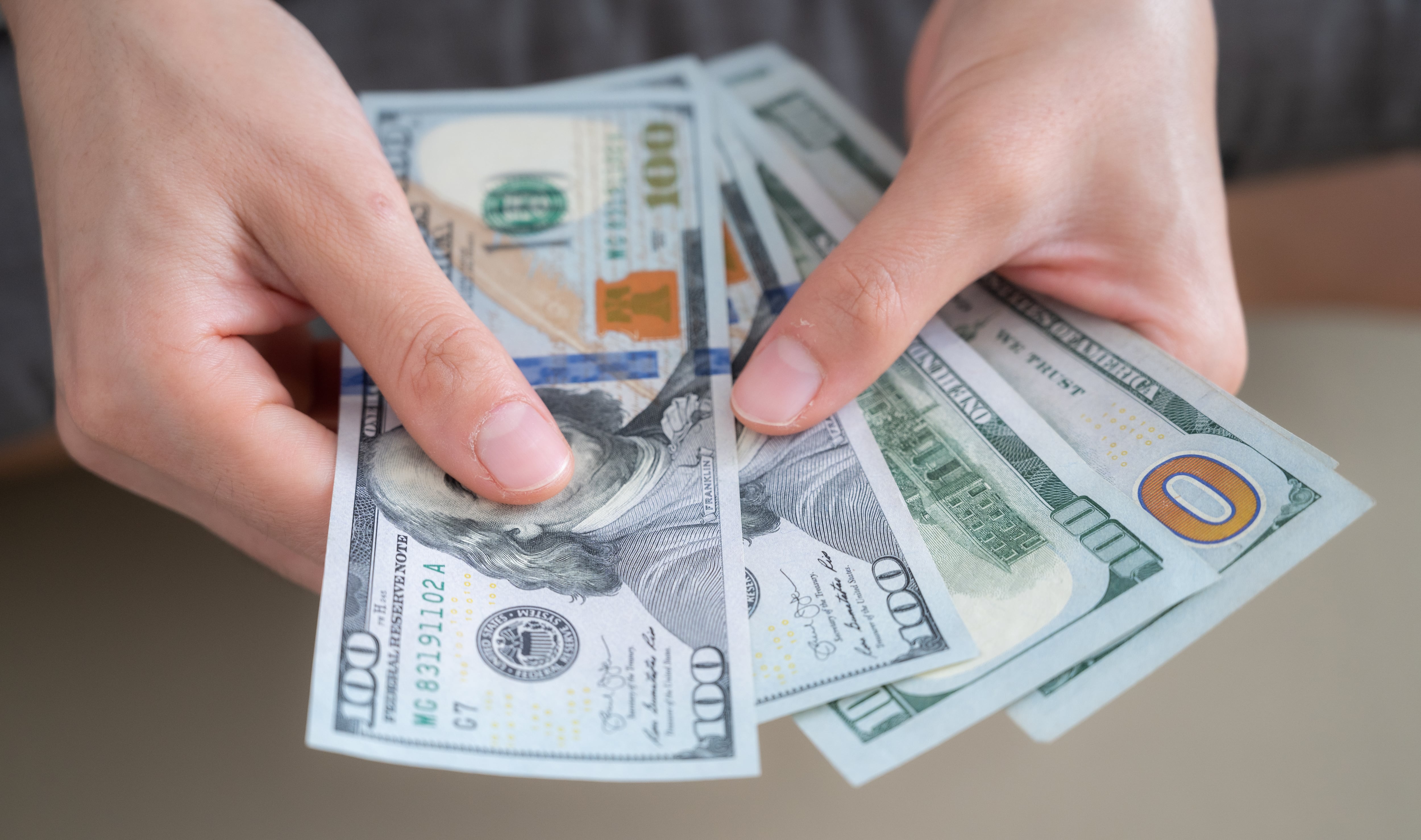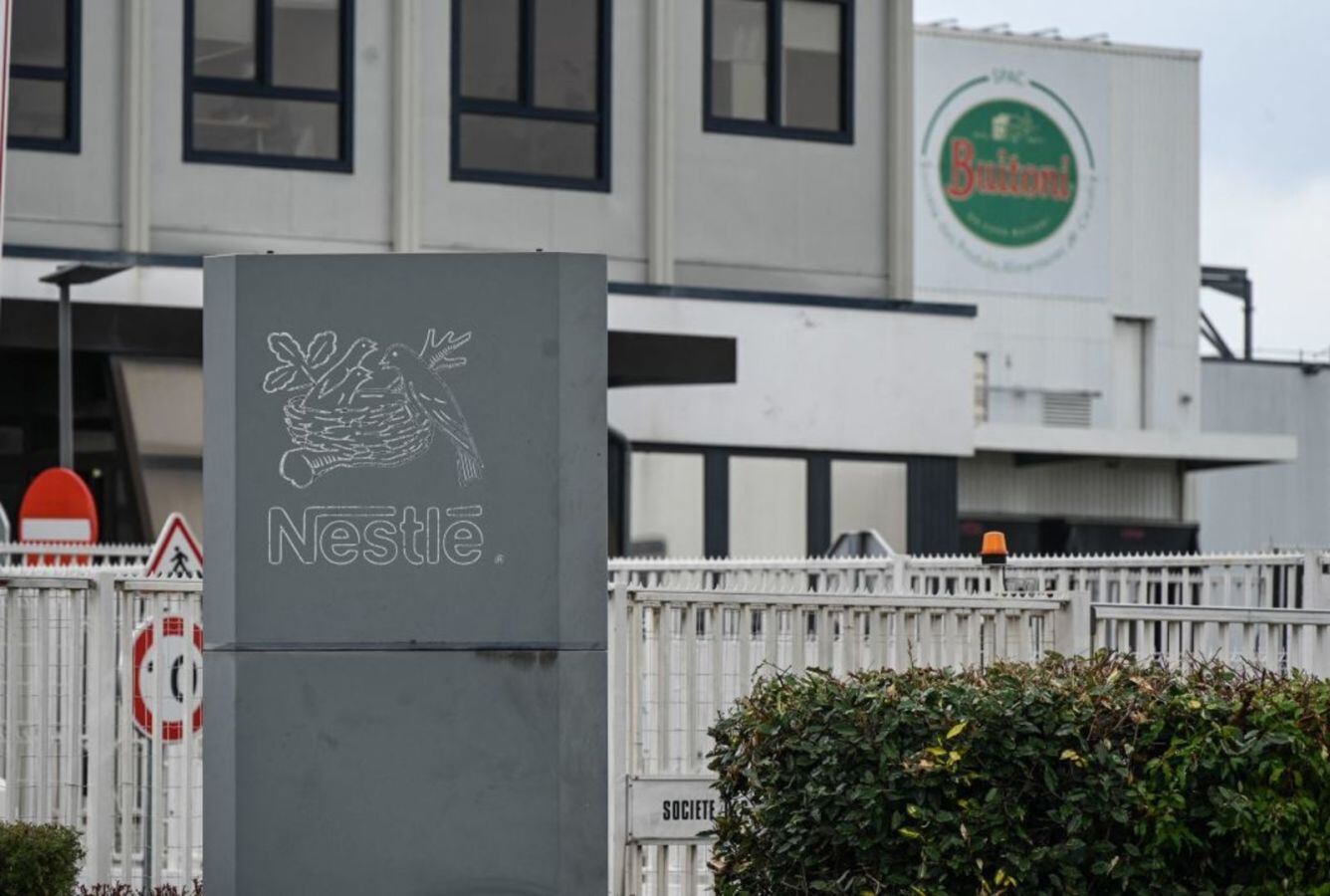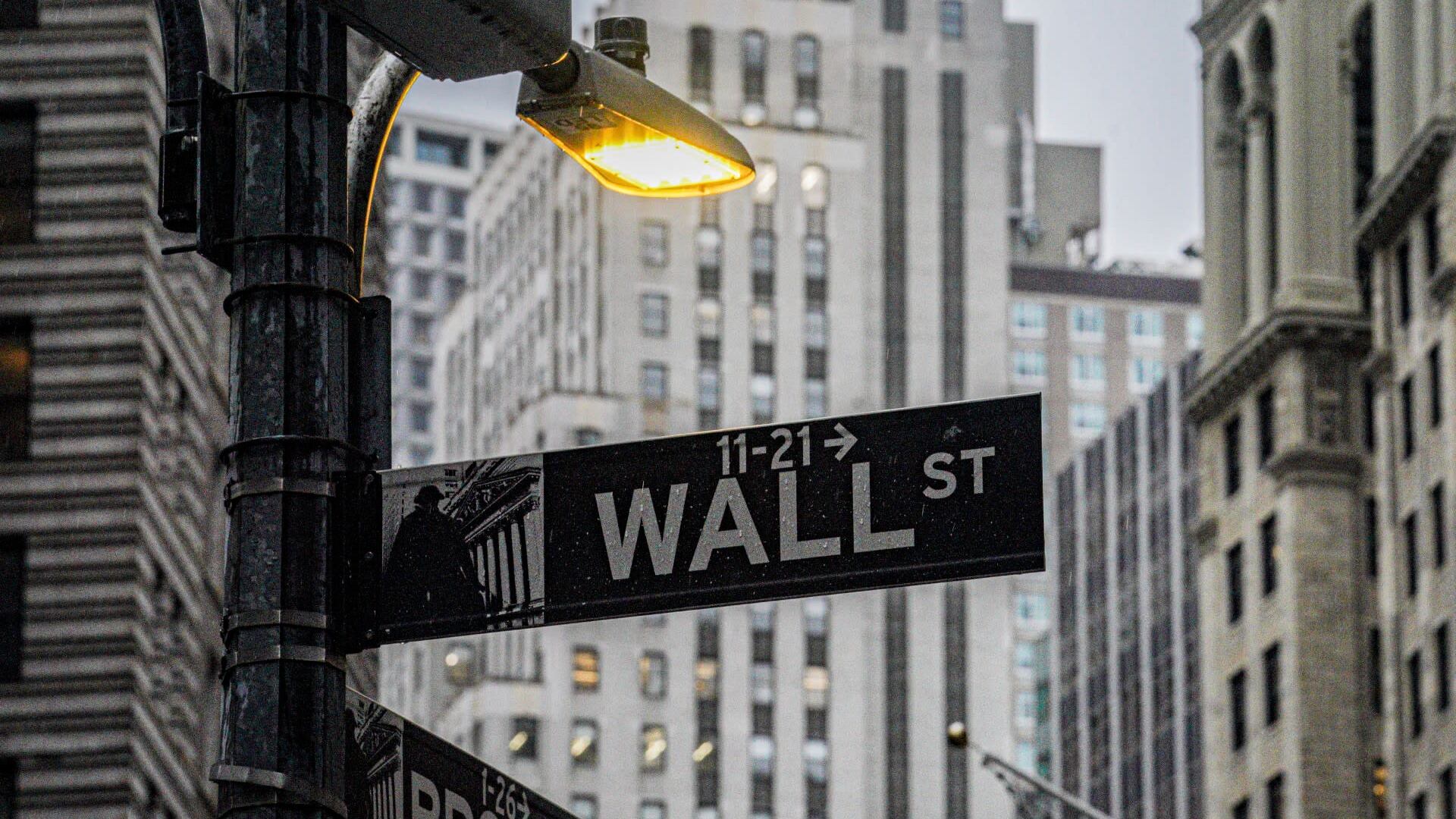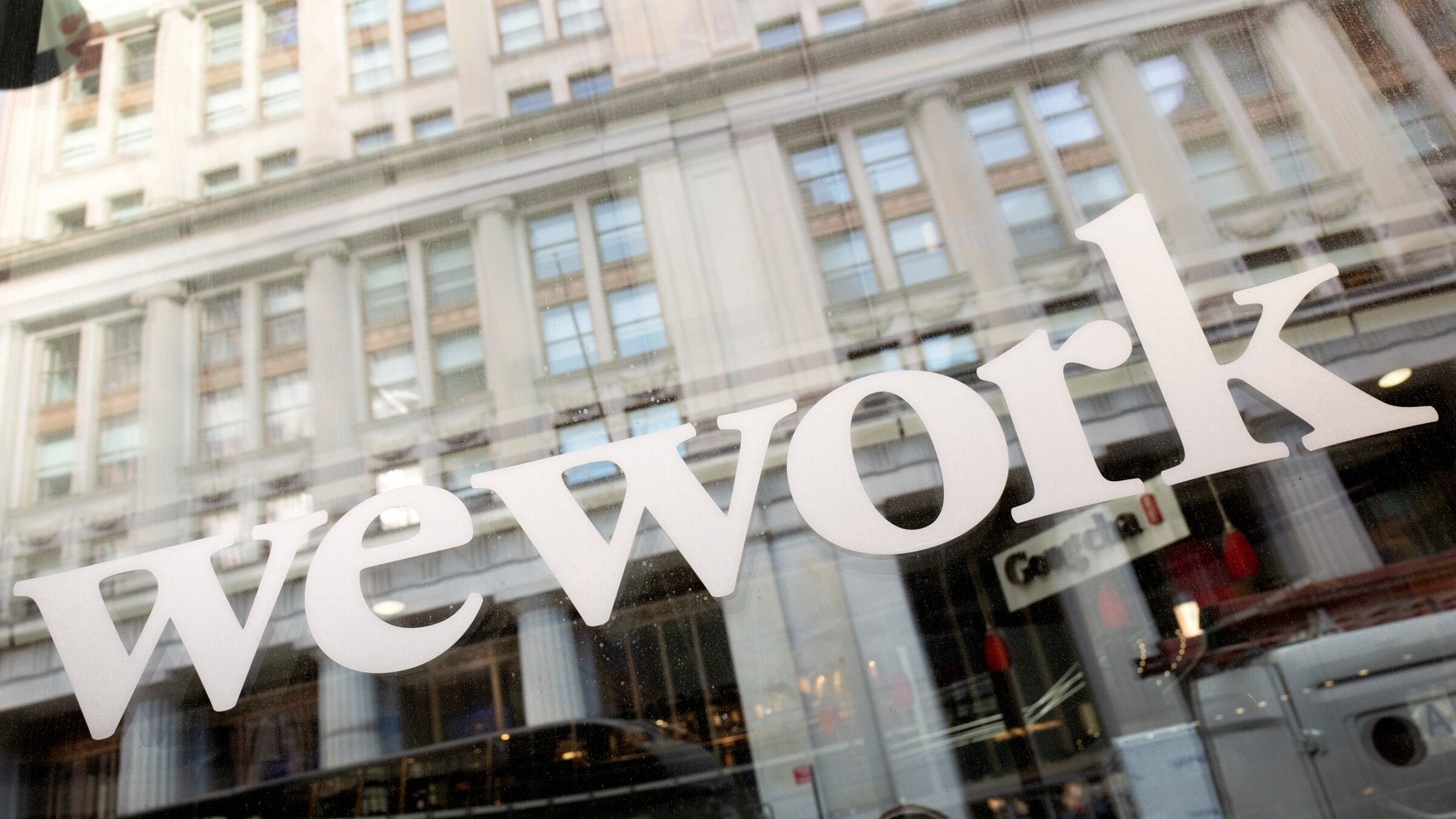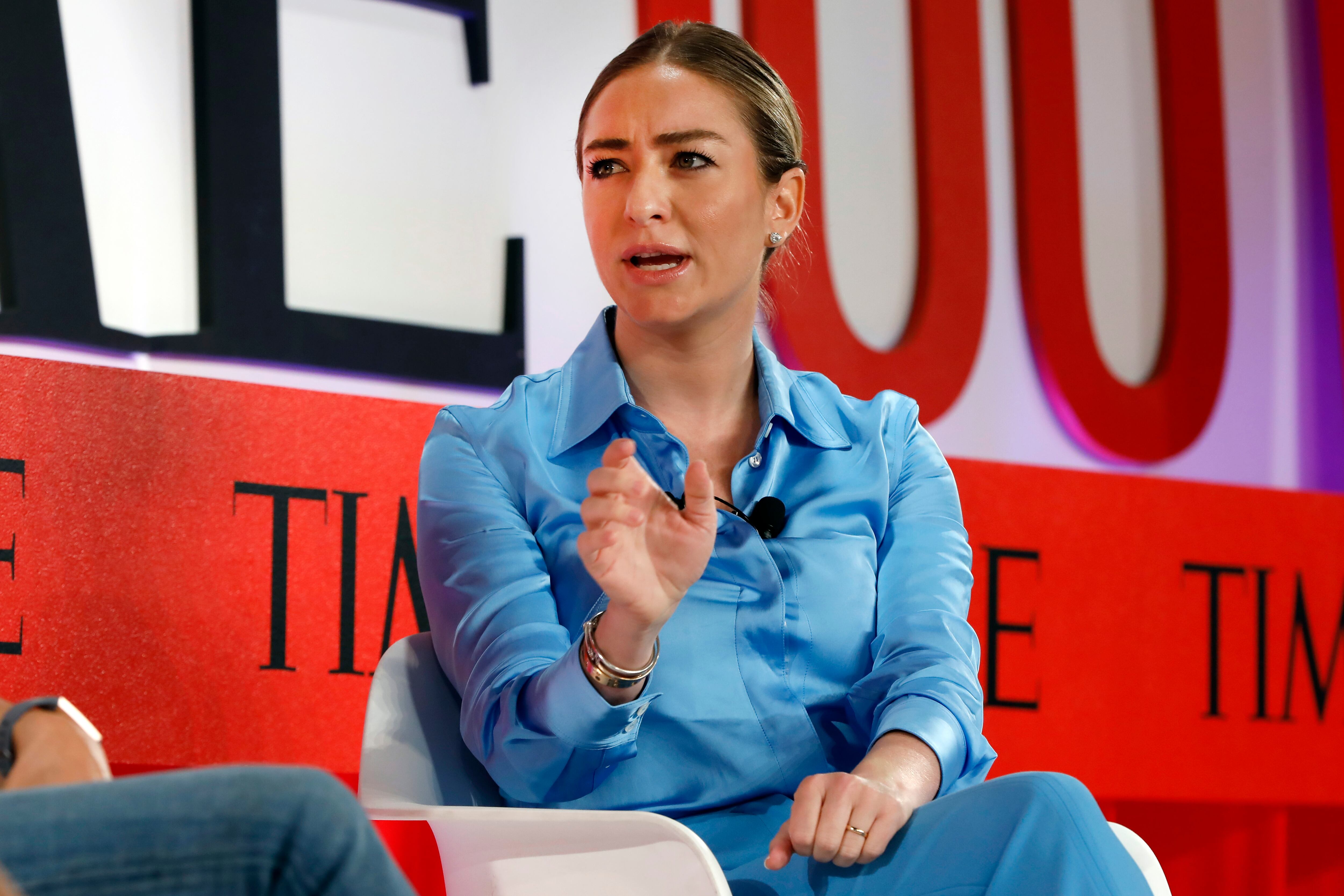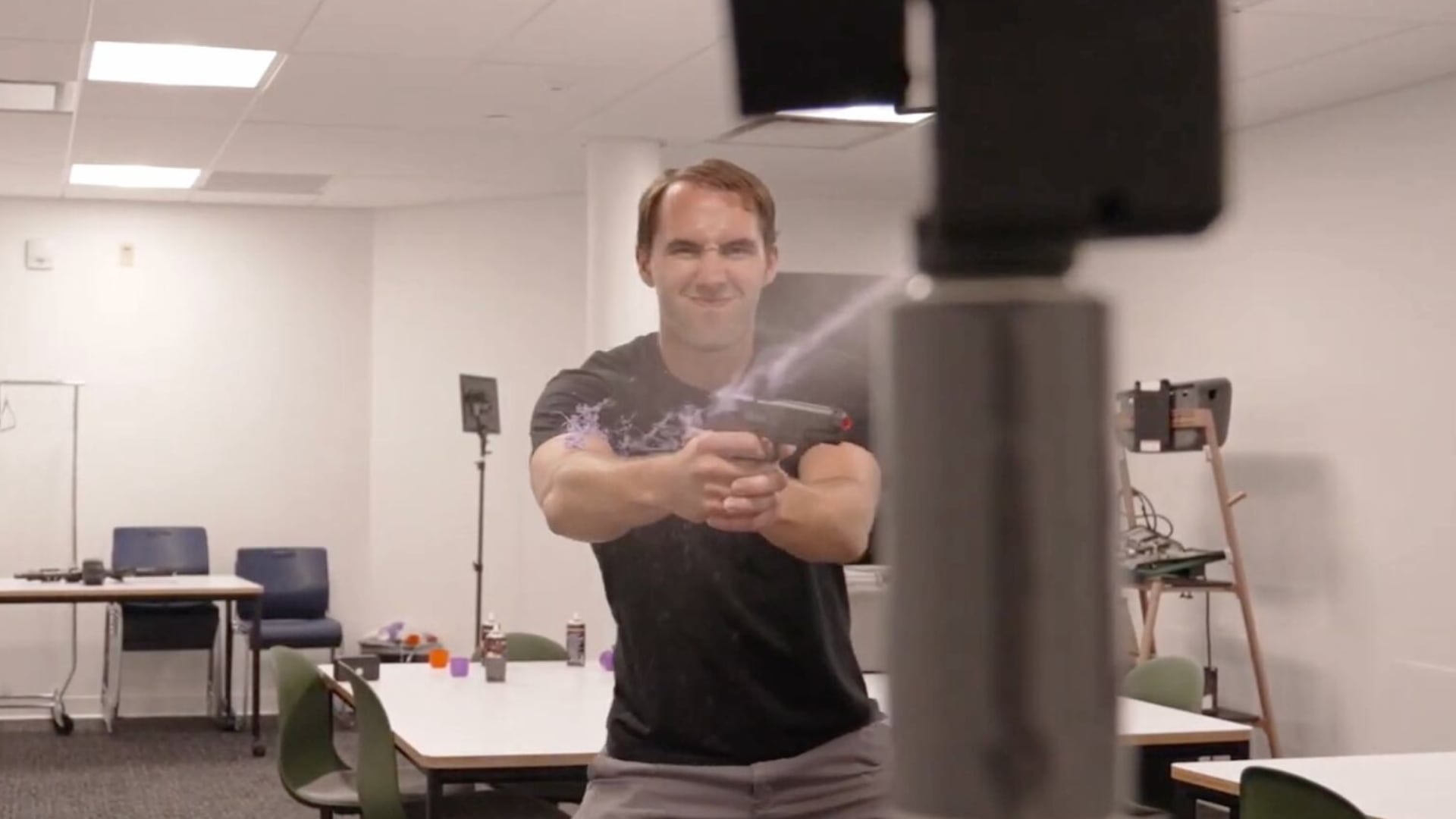Prices popped once again in March, with the latest consumer price index showing a 1.2 percent month-over-month increase and 8.5 percent increase from a year ago, which was the highest reading since 1981.
With war raging in Ukraine and COVID-19 shutdowns wracking large parts of Asia, the jump was expected, though economists were watching closely for signs of a peak.
One data point suggesting prices could be leveling off was the core inflation reading, which cuts out volatile food and energy prices. The measure was up 0.3 percent year-over-year, lower than the consensus estimate of half a percent. In addition, used car prices, which have skyrocketed over the pandemic, declined by 3.8 percent.
"The March report shows some moderation in core CPI, month over month," said Mace McCain, the president and CIO at Frost Investment Advisors, in a statement. "However, we expect continued price pressure due to the lockdowns in China as the supply chain struggles to normalize."
The gasoline index, meanwhile, was up 18.3 percent in March and 48 percent from a year ago, contributing half of the total increase for the month.
The report was the first to fully capture the impact of the war in Ukraine, which has sent commodity prices soaring and created jitters throughout financial markets globally.
"The Russia-Ukraine war has added further fuel to the blazing rate of inflation via higher energy, food, and commodity prices that are turbocharged by a worsening in supply chain problems," wrote Kathy Bostjancic, chief US financial economist for Oxford Economics. "This will lead to a higher near-term peak in inflation and a slow descent through 2022."
Shelter prices were up a half a percentage point, and food prices were up 1 percent for the month.
As the country watches the financial situation and monitors decisions from the Federal Reserve, many may be re-evaluating what to do with their money, with interest and mortgage rates at some of the highest levels seen in decades. Mark Hamrick, Washington bureau chief and senior economic analyst with Bankrate, joined Cheddar News to provide tips on your money management as monetary policy continues to change.
A Dutch recruitment firm found that only 42% of employees who have been laid off this year actually received severance, down from 64% who received severance in 2021.
Direct deposit delays due to a human error that happened last week have resulted in some customers still not receiving their paychecks.
Nestle is reportedly investing $100 million in food delivery startup Wonder Group.
Arturo Béjar testified before a Senate subcommittee on Tuesday about social media and the teen mental health crisis, hoping to shed light on how Meta executives, including Zuckerberg, knew about the harms Instagram was causing but chose not to make meaningful changes to address them.
Nike is suing two of its competitors for alleged patent infringement.
Uber missed analysts' projections for earnings per share and revenue this past quarter. Cheddar News takes a closer look at the numbers and explains what to expect for the rest of the fiscal year.
Cheddar News breaks down some of the top business stories to look out for, including WeWork's bankruptcy filing and fast-fashion retailer Shein reportedly expecting a $90 million valuation upon its market debut. Plus, a new EV truck will have a backup gas generator.
WeWork has filed for Chapter 11 bankruptcy protection.
Bumble, the female-focused dating app, announced that Whitney Wolf Hurd, the company's founder and CEO, will step down in January.
